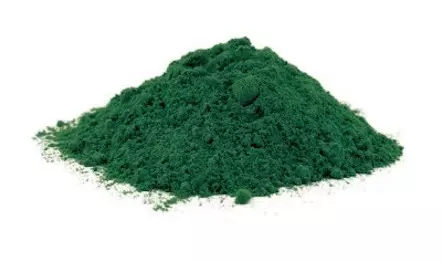IUPAC Name
Chromium (III) hydroxide sulfate
Cas Number
10101-53-8
HS Code
3202.90.00
Formula
CrH3O12S3
Industry
Leather Chemicals
Appearance
Green Powder
Common Names
Chromedol, basic chromic sulfate
Packaging
800 @ 25 kg PP/PE bags, 20 MT / 20FCL
Brief Overview
Basic chromium sulfate is an inorganic compound with the chemical formula Cr(OH)(SO4). It is a green, odorless solid at room temperature. It is typically sold in powder form. Basic chromium sulfate has high tanning power and hence largely used in the tanning of leather. It is easily soluble in cold water and very soluble in hot water. Chromium, particularly in the hexavalent oxidation state, is toxic, hence basic chromium sulfate, which is comparatively less toxic, is preferred in the leather industry.
Manufacturing Process
Basic chromium sulphate is produced from the simple reduction of Cr (VI) to Cr (III) by the addition of an excess of sulphur dioxide. The reaction can be represented as:
Cr2O3 + 3 H2SO4 → Cr2(SO4)3 + 3 H2O
Another reaction, based on the same mechanism as above, for the production of basic chromium sulphate industrially is:
Na2Cr2O7 + 3SO2 + H2O → 2Cr(SO4)(OH) + Na2SO4
The reaction is carried out in a steam-heated vessel. The excess sulphur dioxide formed during the reaction is removed in another reaction tower. The product obtained is in liquid state, it is spray dried to form a powder, which is later packed in bags and sold.
Leather Industry
Basic chromium sulphate can be used in the tanning and re-tanning of any kind of leather, for example, even hides and skin. This process is commonly referred to as chrome tanning. Basic chromium sulphate is regarded as the most efficient and effective tanning agent. The basic chromium sulphate dissolves to give rise to products, that at high pH, undergo a process called olation to give polychromium compounds that are responsible for the cross linking of the collagen subunits, thus being the most active part of the tanning process.
Other applications
Basic chromium sulfate can also be used in making ceramics, green ink and organic substances. It can also be used for dyeing and printing.
